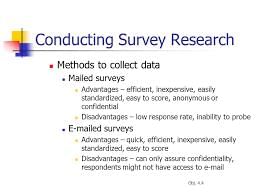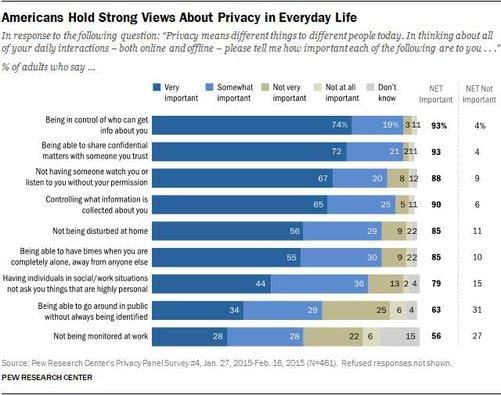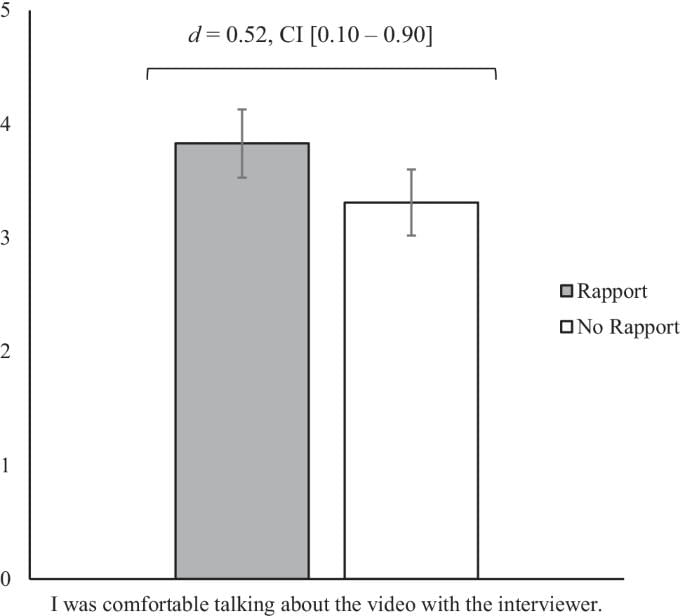|
Card: 2 / 50 |
The primary purpose of conducting a survey is to gain a broad perspective on a subject by gathering information from a carefully chosen representative sample of people. 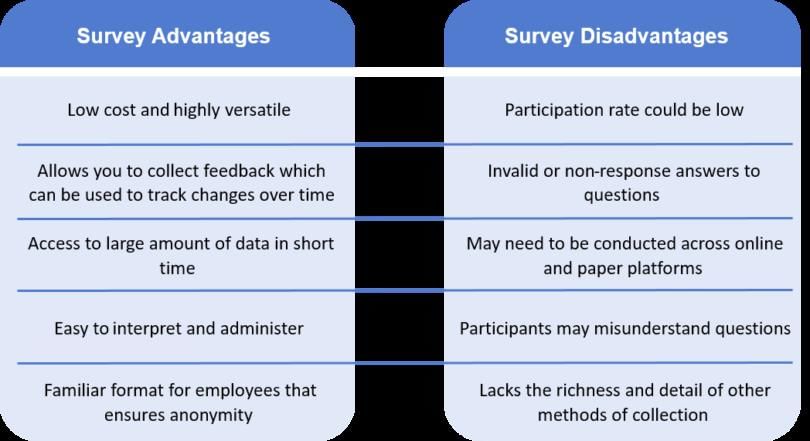 |
|
Card: 3 / 50 |
Surveys are typically conducted by large teams including investigators who plan and design the study. True or False? |
|
Card: 5 / 50 |
Surveys allow researchers to generalize findings to a larger population while studying only a small proportion of that population. Explain how this is possible. |
|
Card: 6 / 50 |
This is possible because surveys use statistical methods to extrapolate the results obtained from the sample to the entire population, assuming that the sample accurately represents the larger group. |
|
Card: 7 / 50 |
Surveys can collect data through various methods. Fill in the blanks: Surveys can be conducted through ___, in-person visits, or ___ questionnaires. |
|
Card: 10 / 50 |
Respondents are the individuals who provide information in response to the researchers' questions during a survey. 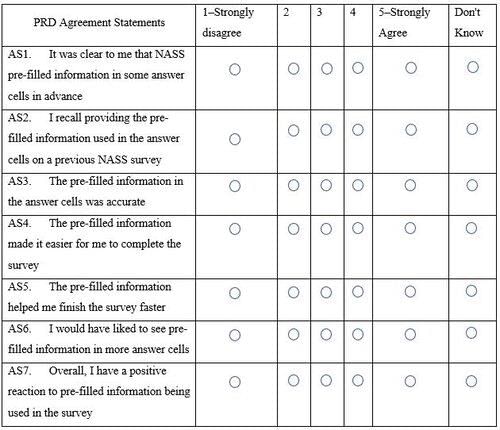 |
|
Card: 11 / 50 |
True or False: Surveys require a significant investment of time, effort, and resources. |
|
Card: 12 / 50 |
False; surveys typically require a manageable investment of time, effort, and resources. |
|
Card: 13 / 50 |
Fill in the blank: The use of the internet and various media in surveys has ___ data collection. |
|
Card: 16 / 50 |
A survey is primarily used to present a condensed view of a specific subject by gathering standardized data on people's views, beliefs, and behaviors. |
|
Card: 19 / 50 |
True or False: A survey can achieve in-depth information from each respondent. |
|
Card: 20 / 50 |
False. Surveys typically have time limitations with each respondent, making it difficult to gather in-depth information. 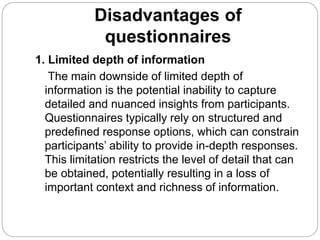 |
|
Card: 21 / 50 |
What challenges can arise from administering surveys by multiple investigators? |
|
Card: 22 / 50 |
Variations in the way questions are asked or answers are recorded may introduce errors in the data. 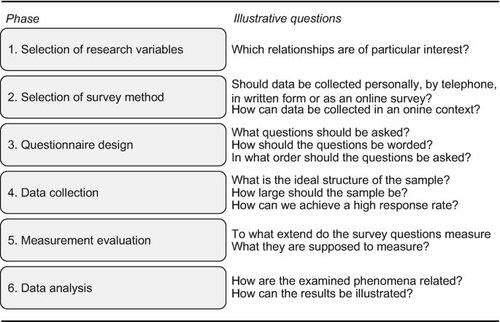 |
|
Card: 23 / 50 |
Fill in the blank: The success of a survey largely depends on the ___ between investigators and respondents. |
|
Card: 25 / 50 |
Why might personal or sensitive questions not yield truthful answers in a survey? |
|
Card: 26 / 50 |
Because there is no established relationship between the investigators and the respondents, leading to a lack of trust. 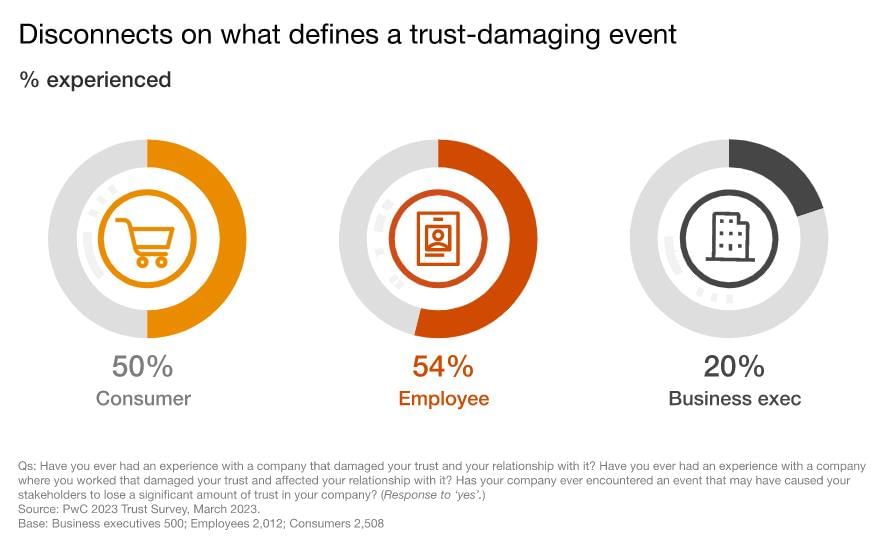 |
|
Card: 27 / 50 |
What type of errors are introduced due to the lack of personal rapport in surveys? |
|
Card: 30 / 50 |
The primary benefit of using interviews in research is the high degree of adaptability in format, allowing questions to be reformulated, the order to be changed, and subjects to be added or removed based on the conversation's progress. 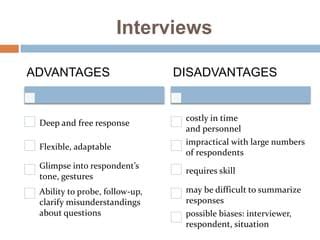 |
|
Card: 31 / 50 |
Fill in the blanks: Interviews fall between ___ and ___ in terms of structure. |
|
Card: 32 / 50 |
Structured questionnaire format of surveys and completely open-ended interactions such as participant observation. 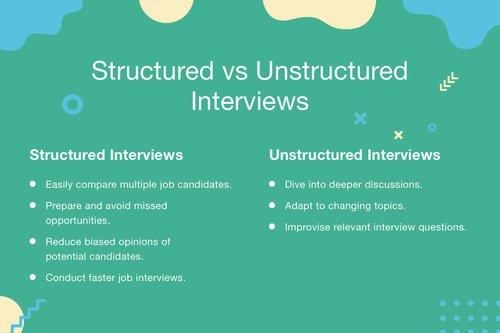 |
|
Card: 33 / 50 |
True or False: The use of audio recorders during interviews often makes respondents feel more comfortable. |
|
Card: 34 / 50 |
False. The use of recorders can make respondents uneasy and can formalize the conversation. 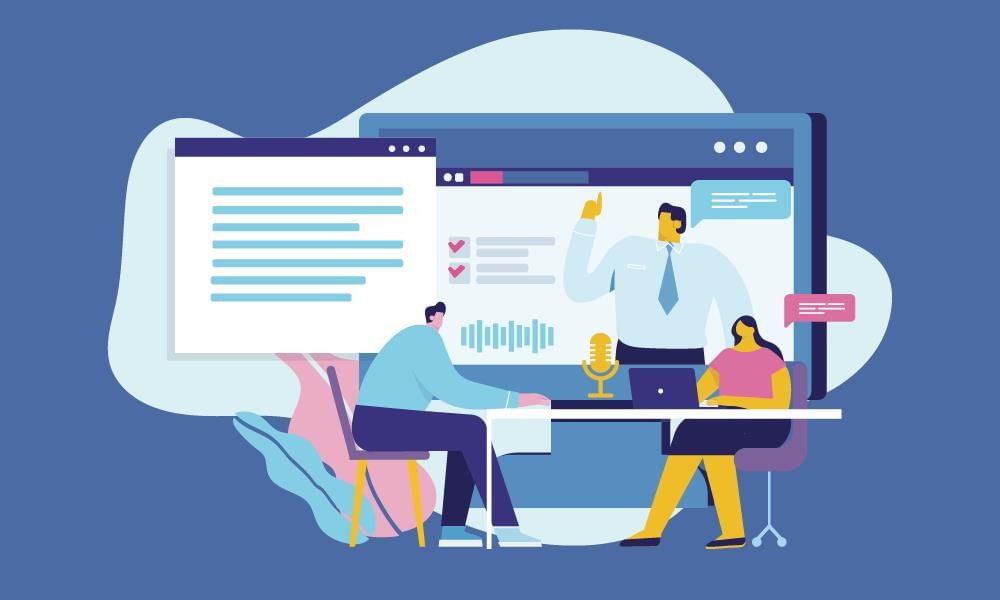 |
|
Card: 36 / 50 |
The physical and social circumstances in which the interview takes place can dictate the mode of the interview. 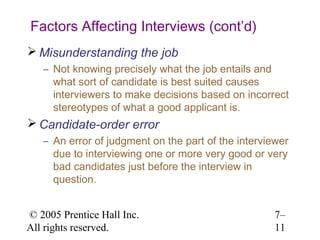 |
|
Card: 38 / 50 |
The method of recording interviews can vary from video or audio recordings to detailed note-taking or relying on memory. 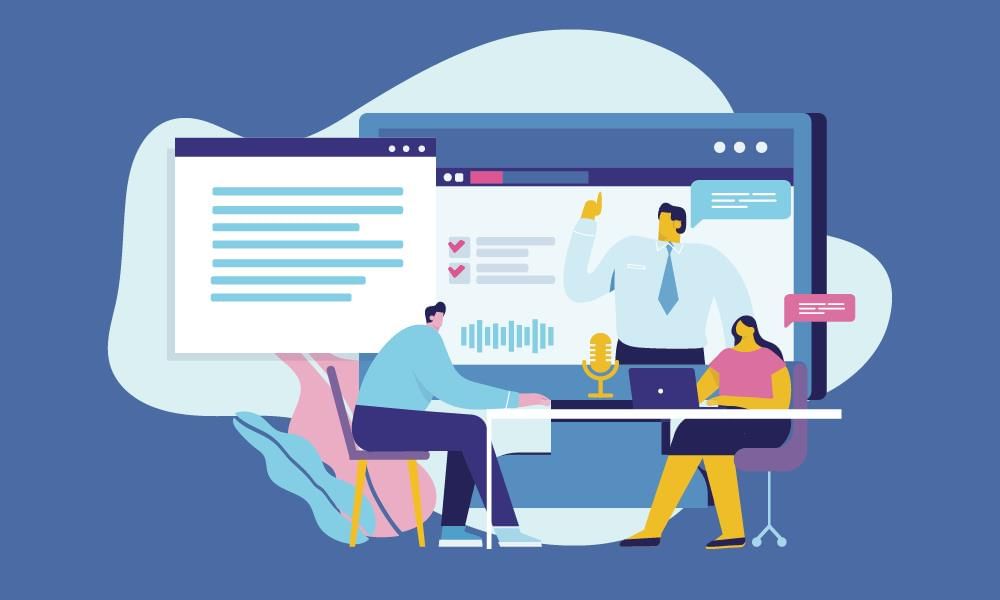 |
|
Card: 40 / 50 |
In-depth interviews enhance survey findings by providing context and clarification for accompanying material, allowing for a deeper understanding of the responses. |
|
Card: 41 / 50 |
Fill in the blank: Effective interviews depend on the researcher's ____ and the level of rapport and mutual trust with the respondent. |
|
Card: 43 / 50 |
What is a significant disadvantage of conducting interviews for research projects? |
|
Card: 44 / 50 |
Interviews are time-consuming, making it challenging for students with limited class time or strict deadlines. 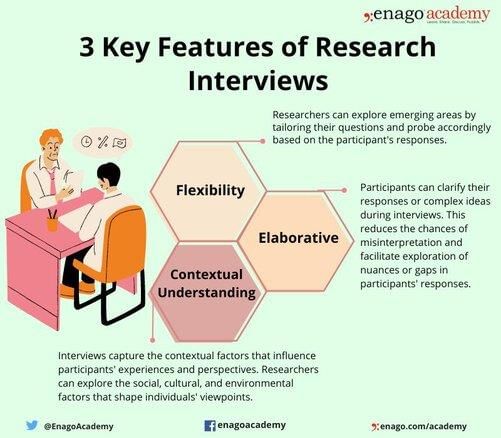 |
|
Card: 46 / 50 |
Making it difficult to draw meaningful conclusions and limiting the ability to generalize findings. |
|
Card: 47 / 50 |
True or False: Interviewer bias can enhance the reliability of the data collected during interviews. |
|
Card: 48 / 50 |
False. Interviewer bias can lead to unreliable data by influencing the responses of the interviewee. |
|
Card: 49 / 50 |
Finding appropriate participants for interviews can be challenging when the research topic is ___. |




